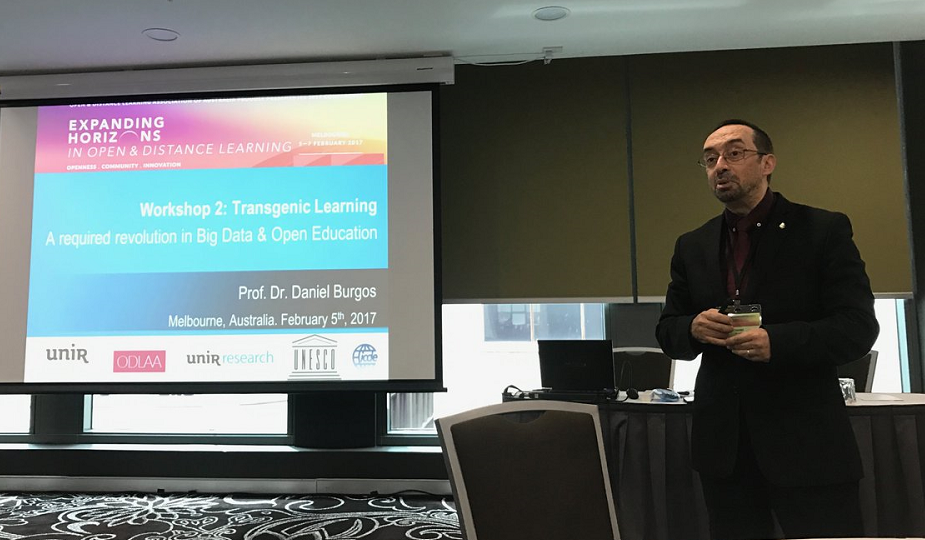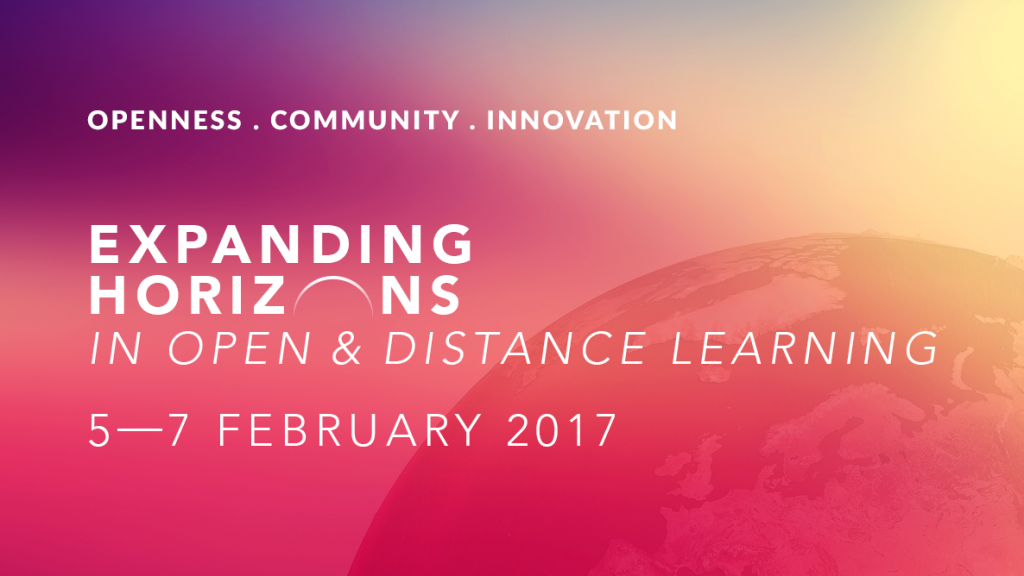Off-line eLearning

Early February, I developed an invited workshop about Transgenic Learning at ODLAA 2017 Conference, the Open & Distance Learning Association of Australia.
It was a thrilling experience with high-level debates and motivated participants. Some of us discussed the off-line eLearning solution. Led by Mathew Hillier from Monash University, in Melbourne, we found some striking overlaps from opposite sides of the World, so far away, and so close to the concept and approach.
At Universidad Internacional de La Rioja (UNIR, Spain) we work for eLearning solutions and resources, to help any student Worldwide to learn and graduate online. To also help any professor to coach and support that student with an encouraging and efficient Learning Management System (LMS).
Our main challenge is to personalize the learning experience, and yet to encourage the student to become an active player in a group. Isolation and persistence are two usual words in our talks. In Australia, Mathew was concerned about the lack of quality connectivity in some parts of the country. In both cases, it is not that simple to stay connected all the time to the institutional LMS to carry out the learning activities or to report about the student progress. Furthermore, we find a more varied casuistic.
Night shifts, flights, long trips, rural access, sailors, truck drivers, the army, working parents, and so many cases where connectivity, even if available, is not reliable or possible because of the context, the family or the job type. And for all these people, we also work and have to provide the right setting to support learning and progress.

Off-line eLearning means a solution
The classical synchronization service that keeps the track on the data exchange, and the communication flow active and on stand-by when the connection is not available. We can find this solution in so many places, from Dropbox to Mendeley, from Whatsapp to SkyPe. However, it is hard to find on educational platforms. The right implementation of this already existing solution into any LMS would facilitate the learning experience and avoid the so-often bottleneck with students and professors stuck because of low connectivity or peak activity due to, for instance, grading or examination time.
A so simple and well-implemented solution could boost the service to the educational community and improve the user performance and efficacy.
Daniel Burgos
Melbourne, Australia. February, 7th, 2017”

